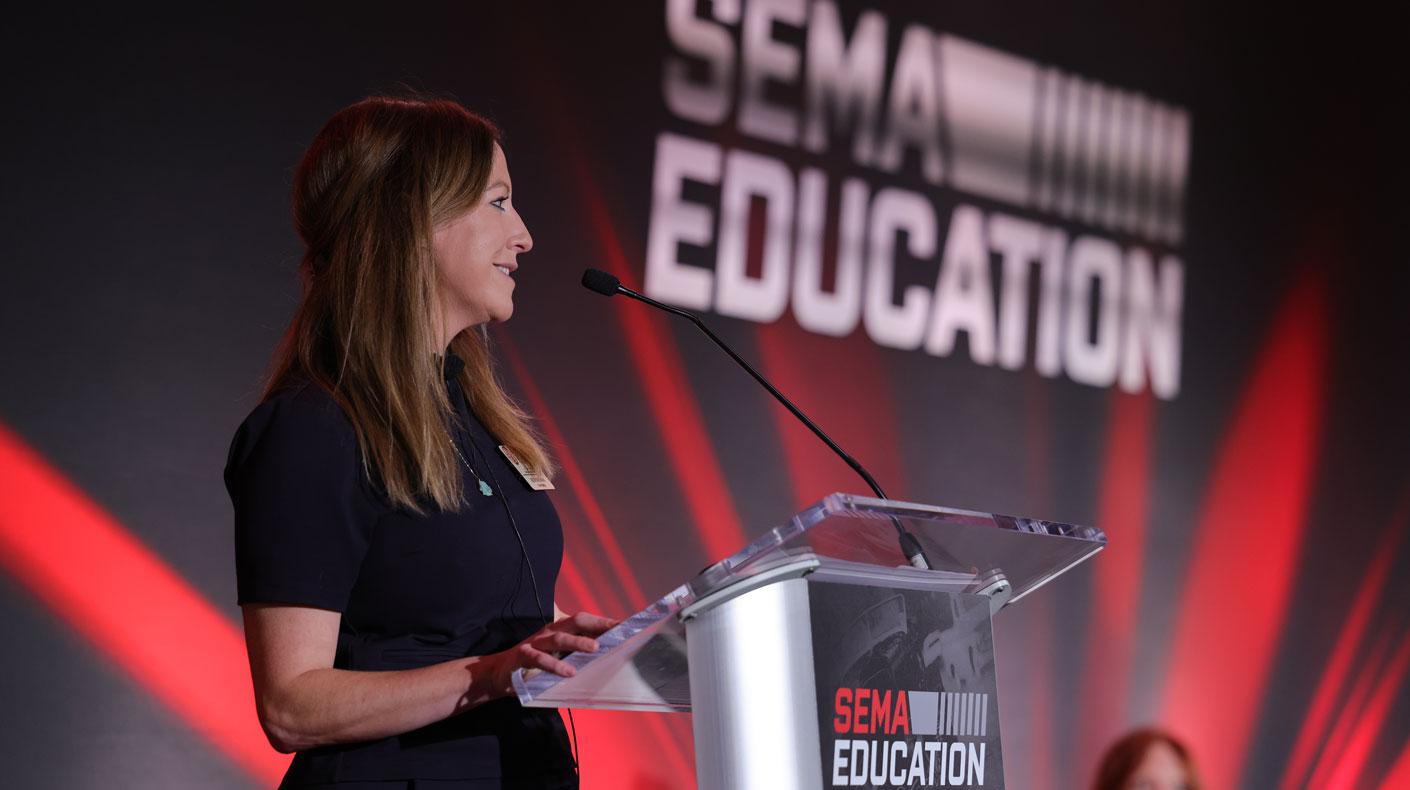Additional federal oversight of foreign imports may be on the horizon as a consequence of recent shipments of tainted food and defective products from China. A number of Bush Administration cabinet officials will study ways to improve safety measures both at the U.S. border and in cooperation with foreign governments and manufacturers. The panel of experts will review U.S. laws and regulations to identify weaknesses in the current domestic regulatory system and to recommend solutions. The panel is expected to submit its findings within a couple of months. The team will include the heads of the Departments of Agriculture, Commerce, Health & Human Services, Homeland Security, State, Transportation, Treasury and the EPA.
The U.S. Congress is also concerned about imports of potentially unsafe food and products. The U.S. Senate Commerce Committee held a hearing in mid-July on the topic. Nicole Nason, the Administrator for the National Highway Traffic Safety Administration (NHTSA), explained how NHTSA regulations already provide an enormous amount of authority to block unsafe imports and require recalls of items in the U.S. marketplace.
She noted that, "Manufacturers have a legal duty to report to the NHTSA that a vehicle or equipment does not comply with the NHTSA's standards or when they learn that a vehicle or equipment contains a defect and determine that the defect is safety-related. The manufacturers also have the duty to conduct a recall by notifying owners of the problem and offering to remedy the defect or noncompliance by repairing or replacing the vehicle or equipment or refunding the purchase price."
Under federal law, importers of vehicles or equipment produced abroad are considered to be the "manufacturer" of that product. Manufacturers must self-certify that products covered by the NHTSA safety standards (lighting, brakes, tires, etc.) comply with agency rules. Even if the product is not covered by an NHTSA safety standard, the agency has authority to require a product recall when a safety defect has been identified. Whether that authority is broad enough is now being questioned if a company claims insufficient financial resources to conduct a recall of auto parts.
Under current law, registered importers of motor vehicles must post bond to ensure that a vehicle is appropriately modified to conform with the NHTSA safety standards. However, there is no equivalent requirement for vehicle equipment. Additionally, there is no financial "hardship exemption" in the law and none is contemplated. Rather, legislation may be proposed in Congress that would require a safety recall bond and demonstration of adequate insurance to guarantee that an importer of auto equipment can afford a recall.
Click on this link for a copy of Administrator Nason's testimony to the Senate Commerce Committee: http://www.nhtsa.dot.gov/staticfiles/DOT/NHTSA/NHTSA%20Administration/Presentations%20&%20Speeches/Associated%20Files/2007/TiresTestimony.pdf
If you have questions, contact Stuart Gosswein at stuartg@sema.org.





